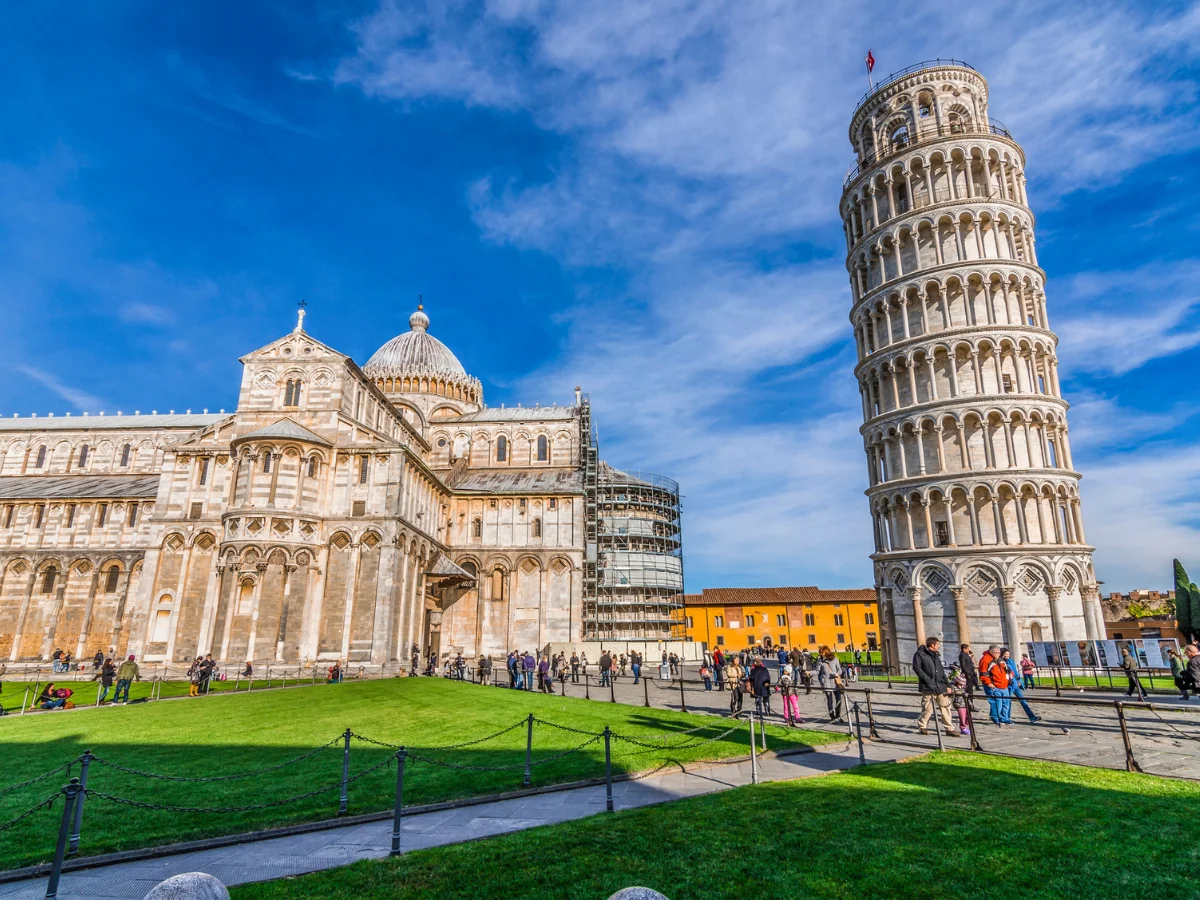Constantine reshaped Rome with his conversion to Christianity
Emperor Constantine reshaped Rome with his conversion to Christianity. His Edict of Milan granted religious tolerance, paving the way for Christian dominance. Constantine founded Constantinople, a strategic imperial capital. The Council of Nicaea solidified Christian unity and doctrine. He patronized church construction, including the Church of the Holy Sepulchre. Legal reforms and administrative changes streamlined governance. Military victories secured Rome’s borders. Constantine’s death in 337 AD marked a significant shift in Roman history. His legacy as the first Christian emperor and architect of Constantinople endures, shaping Western civilization.

Emperor Constantine reshaped Rome with his conversion to Christianity
Born in 272 AD in Naissus, present-day Serbia, Constantine was the son of Emperor Constantius Chlorus. His ascent to power was marked by political intrigue and military prowess. After his father’s death in 306 AD, Constantine emerged victorious in a series of civil wars, securing control over the Roman Empire.
Conversion to Christianity
Constantine’s most significant contribution was his embrace of Christianity. Legend has it that before the Battle of Milvian Bridge in 312 AD, he saw a vision of a cross in the sky with the words “In this sign, you shall conquer.” Inspired by this divine intervention, he adopted the Christian faith and later legalized it through the Edict of Milan in 313 AD.
Foundation of Constantinople
Constantine’s reign is also remembered for the founding of Constantinople, the new capital of the Roman Empire. Strategically located between Europe and Asia, Constantinople served as a symbol of his vision for a Christian empire and a center of power. The city’s architectural marvels and strategic importance endured for centuries.
Military Campaigns and Reforms
Constantine was a skilled military leader, expanding the borders of the Roman Empire through various campaigns such as the conquest of Britain. His military reforms, including the establishment of the comitatenses and limitanei, strengthened the army’s effectiveness and flexibility. Additionally, he introduced economic reforms and standardized the coinage, stabilizing the empire’s economy.
The Council of Nicaea
In 325 AD, Constantine convened the First Council of Nicaea, a gathering of Christian bishops to address theological disputes, particularly the Arian controversy. Although not a theologian himself, Constantine played a crucial role in resolving doctrinal conflicts and promoting unity within the Christian Church. The Nicene Creed, formulated at this council, remains a foundational statement of Christian belief.
Legacy and Impact
Constantine’s legacy is complex and contested. While praised for his contributions to Christianity and the stability of the empire, he is also criticized for his authoritarian rule and brutal suppression of dissent. Nevertheless, his reign marked a significant turning point in Roman history, laying the foundation for the Byzantine Empire and shaping the course of Christianity in Europe.
Conclusion
Emperor Constantine stands as a towering figure in the annals of history, a ruler whose actions reverberated across centuries. From his conversion to Christianity to the founding of Constantinople, his reign was marked by ambition, vision, and controversy. Whether viewed as a saint or a tyrant, Constantine’s impact on the Roman Empire and the world is undeniable.



